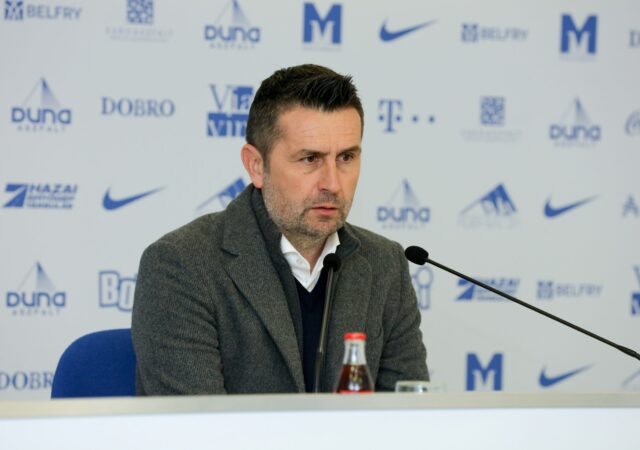
Mental Performance of a Champion
“Football is a great deal like life in that it teaches that work, sacrifice, perseverance, competitive drive, selflessness and respect for authority is the price that each and every one of us must pay to achieve any goal that is worthwhile” —Vince Lombardir
Becoming a successful football player or being a player is never as easy as you may have been thinking.
True players can only tell you this. The problem is that the real players have been able to mask the underlying internal workings of the football mental game to the extent that you only get to see the peripheral, glossy and somehow bewitching aspect of the whole thing.
To develop your competitive attitude, you need first to analyze your present performance level before you can begin to improve it. Evaluate your abilities in the below four areas to turn into a better competitor:
Physical – You must analyze the physical aspects of your game, including strength, speed, balance, flexibility, posture, diet, sleep and more. Ask for constructive feedback from your coaches, trainers, and specialists. The data you accumulate will help you increase your strength as a competitor, but always ask other trustworthy people to assess along with your self-assessment.
Skills – Analyze, which skill sets are important to support you in your game. Ask experts for advice. An athlete does not suddenly loose or gain stamina, talent, skill or speed in a day, week, month or sometimes even years. It takes time to learn a new skill. You must be patient and not expect too much, too quickly. Unrealistic expectations are the quickest route to giving up.
Tactical – Analyze how much brainpower and time it takes to prepare you for the sport including watching videos over other competitors. Elite athletes spend an extreme amount of time and brainpower perfecting their performance.
Mental – Whether or not you utilize the abilities of the mental game coach, you need to perform a self-evaluation on the crucial emotional and mental components to have a good football mental game. Analyze your football mental toughness, mental preparation, work rate, attitude, imagery ability, leadership, persistence, focus, catchability, how well you handle the pressure and deal with your emotions, along with any other mental abilities.
You have to work hard to control your football mindset.
When you lose momentum or gain momentum, a change is created by psychological and emotional factors. You can gain or lose psychological control or get psyched out in a split of a seconds, or what sports psychologist sometimes call “chocking.” Choking can occur in close competitive situations where psychological frame of reference interferes with skill execution resulting in degraded football confidence.
The process of implementing a Mental Skills Training Program requires a personal understanding of both you and your coach. This provides a starting point for you in the quest to learn and develop your football mental game and mental toughness.
Acquiring positive mental skills is important for all players, regardless of level or age of development. However, for younger players, it is of utmost importance in order to establish a base of fundamentals related to daily practice and competitive skills that will serve as a springboard for continued growth as a healthy competitor.
